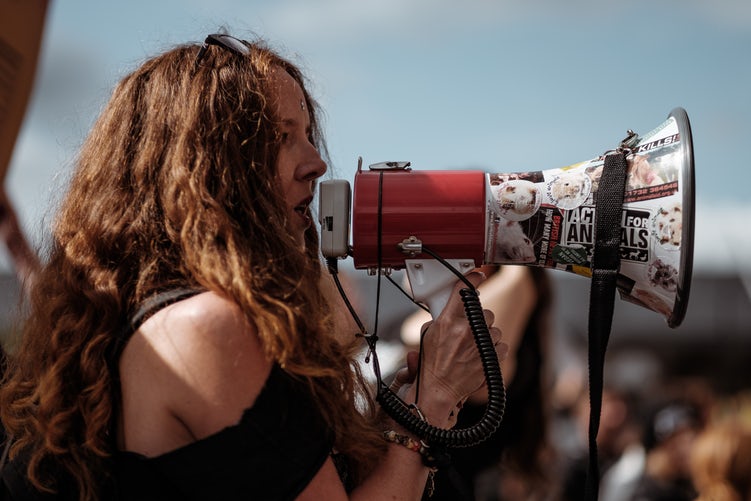
We have all been there: sat in our kitchens and seminars, facing the overwhelming urge to bang our heads into the table as someone says something we fundamentally disagree with. Everyone has the right to an opinion, but there is nothing more annoying than someone who believes their view is the only viable view. With this considered then, is it good news that the government has announced that universities are now being expected to pledge to uphold free speech on campus, or face being blacklisted?
Changes announced by Universities Minister Jo Johnson state that plans are in place to challenge the culture of so-called ‘safe spaces’ and to force universities to answer for the behaviour of student unions that “no platform” controversial speakers. He also said any that any that failed to protect freedom of speech could be fined, suspended or ultimately deregistered by the new Office for Students (OfS). Johnson told The Times in October that “No-platforming and safe spaces shouldn’t be used to shut down legitimate free speech”. While Johnson’s rhetoric is admirable, arguably it’s nothing new and whether it will be effective remains to be seen.
Royal Holloway as an institution, prides itself on its ‘no platform’ for fascists and for its safe spaces. You only have to look back to this time last year, when students organised counter protests after Neo-Nazis gathered outside the campus to protest two cleaners being fired after they reportedly attended an anti-semitic protest, to demonstrate the student body’s commitment to anti-fascist ideas.
However, whilst this would suggest Holloway’s support of freedom of speech is good, the page ‘Royal Hateoway’ on Facebook is a prime example of the potential dangers of too much free speech. Anonymously, the page encourages students to express their opinions about things they hate about the university, and the people in it. This has lead to some rather extreme posts and threats being made on the page. This kind of intimidation, and threatening, can not surely be considered a valid opinion, yet many would argue that people have a right to express their frustration.
Whilst free speech is incredibly important, how much free speech should truly be allowed when some hold views that are not only controversial, but offensive and even dangerous?
According to spiked-online.com, Royal Holloway’s Student Union has received a red status for the past two years. Spiked-online.com ranks universities according to their policies on free speech, and has stated that the “Students’ Union collectively create a hostile environment for free speech… banning fascists and racists … which restricts offensive and judgemental speech”. The website makes this sound bad, however many students would argue the university is doing the right thing.
Whilst free speech is incredibly important, how much free speech should truly be allowed when some hold views that are not only controversial, but offensive and even dangerous? Charlottesville is one extreme example of what can happen when free speech goes too far. As a student myself, I cannot help but feel an odd sense of foreboding that Charlottesville may only be the beginning of these kinds of demonstrations, and potentially violent incursions on campuses. Universities should be a safe space for all of us, and whilst Johnson’s policies can be said to be a good thing in promoting freedom of speech, they can be said to be going too far.
Johnson’s heart may be in the right place, but disciplining universities that do not support all views, including ones that are discriminative or even politically extremist, is dangerous. Equally, shutting down someone’s opinion just because it is unpopular, or you do not agree with it, is not the way forward either. We -as a campus- need to evaluate our principles of free speech and, despite what Johnson says, consider what we can, and cannot, allow to be said.
